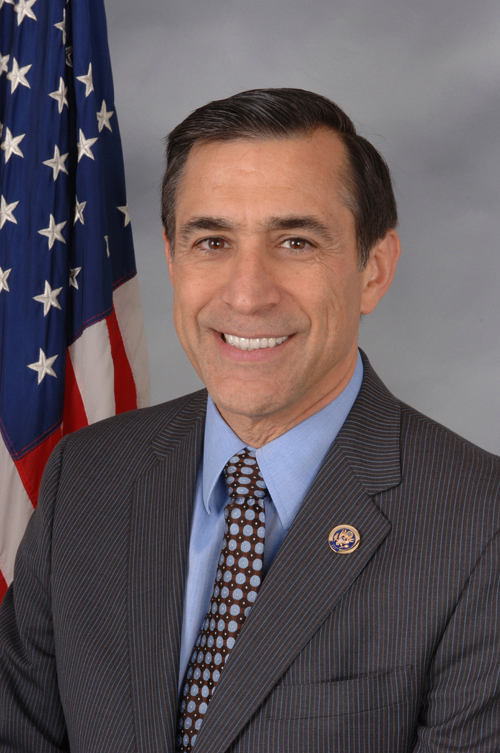

Hopes for undocumented immigrants stranded in political limbo will have to wait at least another year. In a wide-ranging interview on congress’s next session, Representative Darrell Issa, who drafted the high-skilled version of immigration reform, says there’s too much “animosity” on the issue within the government to find a meaningful compromise before the next election.
“Comprehensive immigration reform is hard to do with the best environment between the executive branch between the House and Senate. We don’t have the best opportunity,” he explains. “if we can find a compromise that is bi-partisan on the 11 million [undocumented workers], I think we begin to defuse some of the animosity. It doesn’t mean we get a bill past for the next election.”
There is a serious tech-talent shortage in Silicon Valley, but the relatively popular plan to admit more high-skilled immigrants has been held hostage to comprehensive reform, which includes finding a solution to the roughly 11 million undocumented workers currently living in the United States.
The senate passed comprehensive immigration reform last June, but House Republicans fear fierce political backlash because the bill grants a path to citizenship for most undocumented workers.
So, to get things moving along, last fall, Issa introduced his own path-to-citizenship compromise that provides legal working status for six years. A majority of undocumented immigrants could “come out the shadows”, freeing up resources to investigate the criminal portions of the undocumented population and giving more time to figure out how to deal with the new legal population, especially of agricultural workers.
Naturally, it’s been denounced by all sides as being either too pro-amnesty or anti-immigrant. 2014 is a crucial election year, with Democrats facing a mid-term election with a (relatively) unpopular president, and Republicans facing stiff competition from the uncompromising conservative Tea Party faction.
Most polls, including our own ongoing CrunchGov Google Surveys poll, show that a slim majority (51%) of Republicans will not vote for a candidate that supports an eventual path to citizenship, compared to 71% of Democrats who would support such a candidate (we’ll have more details when our survey is complete).
Suffice to say, comprehensive reform is a political landmine and congress is–to put this diplomatically–risk averse.
Issa is optimistic, however, that the tech community could wield its considerable political power to force Congress to separately pass high skilled immigration reform, by declaring that “‘As a tech community, I refuse to be held hostage to endorsing what we need, that has nothing to do with these other problems.’”
Specifically, the ability to allow congress to vote on high-skilled immigration reform is up to the leaders in both houses. Issa says the House Leader John Boehner will allow Congress to vote this year on high-skilled reform, and that there’s a political incentive for President Obama not to oppose a separate vote in the senate.
But, as far as comprehensive reform goes, hopes that it would pass in 2014 are dwindling. We’ll have more with our interview with Rep. Issa, as well as a detailed look at the future of immigration reform in the near future.
Read more : Immigration Reform Unlikely To Pass Before 2015, Says Rep. Issa


0 Responses
Stay in touch with the conversation, subscribe to the RSS feed for comments on this post.